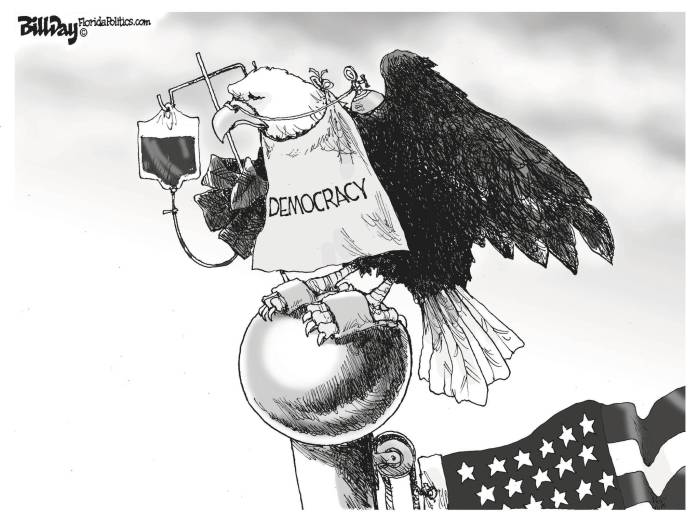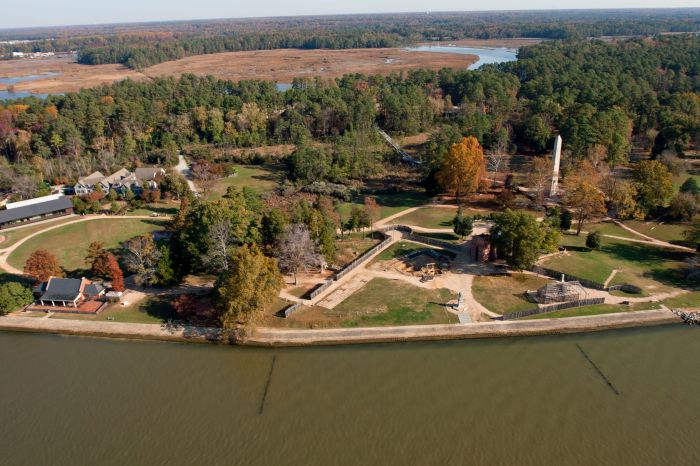Delving into what colony’s founders believed that, this introduction immerses readers in a unique and compelling narrative, with gaya akademik dengan tone otoritatif that is both engaging and thought-provoking from the very first sentence. The content of the second paragraph provides descriptive and clear information about the topic.
Historical Context

The founding of the Massachusetts Bay Colony was a significant event in American history, driven by religious persecution and a desire for self-governance.
The colony was established by a group of Puritan settlers who were fleeing religious persecution in England. These Puritans, led by John Winthrop, believed that the Church of England had become too corrupt and that they needed to establish a new society based on their own religious principles.
Key Individuals, What colony’s founders believed that
- John Winthrop: The first governor of the Massachusetts Bay Colony, Winthrop was a Puritan leader who played a key role in shaping the colony’s religious and political institutions.
- William Bradford: The governor of the Plymouth Colony, Bradford was another Puritan leader who helped to establish the colony’s religious and political institutions.
- Roger Williams: A Puritan minister who was banished from the Massachusetts Bay Colony for his religious beliefs, Williams founded the Rhode Island Colony.
Ideological Beliefs

The founders of the colony were deeply religious people who believed in the importance of a close relationship with God. They were also strong supporters of the monarchy and believed in the divine right of kings. These beliefs had a profound impact on the colony’s laws, customs, and way of life.
Religious Beliefs
The colony’s founders were devout Christians who believed in the importance of a personal relationship with God. They believed that the Bible was the infallible word of God and that it should be the foundation for all laws and customs.
The colony’s laws were based on the Ten Commandments, and the Sabbath was strictly observed. The founders also believed in the importance of education, and they established schools to teach children about the Bible and other important subjects.
Political Beliefs
The colony’s founders were strong supporters of the monarchy and believed in the divine right of kings. They believed that the king was appointed by God and that he was responsible for ruling the colony in a just and righteous manner.
The colony’s laws were based on the English common law, and the king’s authority was absolute. The founders also believed in the importance of local government, and they established a system of town meetings where citizens could discuss local issues and elect their own officials.
Social Beliefs
The colony’s founders believed in the importance of a strong family and community. They believed that children should be raised in a Christian home and that they should be taught to obey their parents and respect their elders. The founders also believed in the importance of hard work and self-reliance.
They believed that everyone should be able to support themselves and their families, and they encouraged people to be industrious and thrifty.
Economic Objectives

The economic motivations of the colony’s founders were multifaceted. They sought to establish a profitable enterprise that would generate wealth for themselves and their investors. Additionally, they aimed to create a self-sustaining economy that would provide for the needs of the colonists and reduce their dependence on imported goods.
These motivations shaped the colony’s economic activities and trade policies. The colonists focused on developing industries that would generate revenue, such as agriculture, fishing, and shipbuilding. They also established trade networks with other colonies and European countries, exporting their products and importing essential goods.
Economic Activities
- Agriculture: The colonists established farms and plantations to produce crops such as tobacco, cotton, and indigo, which were in high demand in Europe.
- Fishing: The colony’s coastal location provided abundant fishing opportunities, and fish became a major source of food and trade.
- Shipbuilding: The colony’s access to timber and skilled craftsmen made it a center for shipbuilding, producing vessels for both domestic and international trade.
Trade Policies
- Mercantilism: The colony adopted mercantilist policies, which aimed to maximize exports and minimize imports, thereby creating a favorable balance of trade.
- Protectionism: The colony imposed tariffs and other barriers to protect domestic industries from foreign competition.
- Navigation Acts: The colony enforced the British Navigation Acts, which required all goods imported or exported to be carried on British ships.
Social Structure
The colony established a rigid social hierarchy and class system, with clear distinctions between different social groups. The social structure was based on a combination of factors, including wealth, family lineage, and occupation.
At the top of the social hierarchy were the wealthy landowners and merchants. They held the most power and influence in the colony and controlled the majority of the wealth. Below them were the skilled artisans and professionals, such as doctors, lawyers, and teachers.
These groups enjoyed a higher social status than the lower classes but still had limited power and influence.
Social Roles and Responsibilities
Each social group had specific roles and responsibilities within the colony. The wealthy landowners and merchants were responsible for managing the colony’s economy and providing for its defense. The skilled artisans and professionals provided essential services to the community. The lower classes, which included farmers, laborers, and servants, were responsible for providing the labor necessary to sustain the colony.
Cultural Influences: What Colony’s Founders Believed That
The cultural influences that shaped the colony’s identity were diverse and complex. They included the traditions and beliefs of the colonists themselves, as well as the cultures of the indigenous peoples they encountered.
These influences manifested in the colony’s art, music, and literature in a variety of ways. For example, the colonists’ religious beliefs were reflected in the architecture of their churches and the content of their hymns. The indigenous peoples’ traditions were incorporated into the colony’s folklore and legends.
Art
The colony’s art was influenced by a variety of factors, including the traditions of the colonists themselves, the indigenous peoples they encountered, and the natural environment in which they lived. The colonists brought with them a tradition of European art, which was reflected in the architecture of their buildings, the paintings they created, and the sculptures they carved.
The indigenous peoples of the colony also had a rich artistic tradition, which was reflected in their pottery, basketry, and textiles. The colonists were often inspired by the indigenous peoples’ art, and they sometimes incorporated elements of it into their own work.
The natural environment of the colony also played a role in shaping its art. The colonists were surrounded by beautiful scenery, which they often depicted in their paintings and drawings.
Music
The colony’s music was also influenced by a variety of factors, including the traditions of the colonists themselves, the indigenous peoples they encountered, and the natural environment in which they lived. The colonists brought with them a tradition of European music, which was reflected in the songs they sang and the instruments they played.
The indigenous peoples of the colony also had a rich musical tradition, which was reflected in their songs, dances, and instruments. The colonists were often inspired by the indigenous peoples’ music, and they sometimes incorporated elements of it into their own work.
The natural environment of the colony also played a role in shaping its music. The colonists were surrounded by beautiful scenery, which they often sang about in their songs.
Literature
The colony’s literature was influenced by a variety of factors, including the traditions of the colonists themselves, the indigenous peoples they encountered, and the natural environment in which they lived. The colonists brought with them a tradition of European literature, which was reflected in the books they read and the stories they told.
The indigenous peoples of the colony also had a rich literary tradition, which was reflected in their oral histories, myths, and legends. The colonists were often inspired by the indigenous peoples’ literature, and they sometimes incorporated elements of it into their own work.
The natural environment of the colony also played a role in shaping its literature. The colonists were surrounded by beautiful scenery, which they often wrote about in their poems and stories.
Relationship with Native Populations

The interactions between the colony’s founders and the indigenous populations were complex and varied. Initially, the colonists relied on the Native Americans for food, shelter, and guidance in the new land. However, as the colony grew, tensions arose over land use and resources.
The colonists often viewed the Native Americans as inferior and sought to impose their own culture and values on them. This led to a series of conflicts and wars that ultimately resulted in the displacement and dispossession of the Native American population.
Native American Resistance
The Native Americans resisted the European invasion in a variety of ways. They formed alliances with other tribes, attacked colonial settlements, and refused to cooperate with the colonists. In some cases, they were able to negotiate treaties that protected their land and rights.
However, the colonists often violated these treaties, and the Native Americans were forced to fight for their survival.
The Impact of Native American Resistance
The Native American resistance had a significant impact on the development of the colony. It forced the colonists to adapt their policies and strategies. It also helped to shape the colony’s identity and culture. The legacy of the Native American resistance can still be seen in the present day, as many Native American tribes continue to fight for their rights and sovereignty.
User Queries
What were the primary religious beliefs of the colony’s founders?
The colony’s founders were predominantly influenced by Protestantism, particularly Calvinism, which emphasized the importance of personal faith, predestination, and strict moral conduct.
How did the colony’s founders’ economic motivations shape its development?
The economic motivations of the colony’s founders, such as seeking new markets and resources, led to the establishment of trade networks, the development of industries, and the acquisition of land.